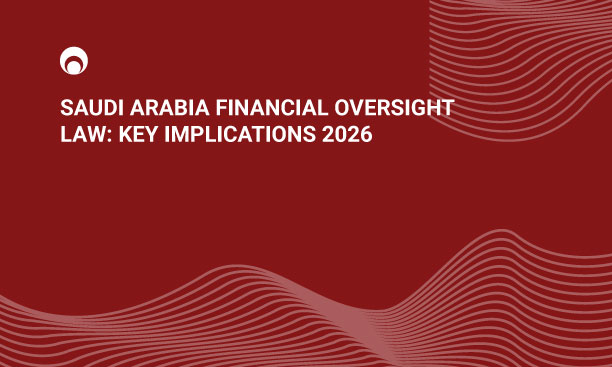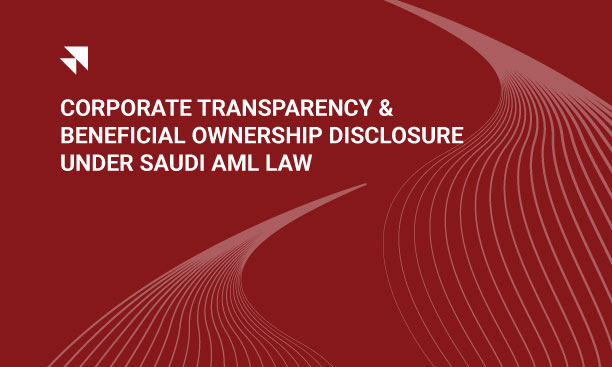These crucial changes to Saudi Arabia’s labor law prioritize transparency, enhance the dispute mechanisms, and include flexible contractual arrangements that follow international standards but without conflicting with Sharia principles.
Expansion of Employment Contract Classifications
One of the most notable 2025 labor law changes is the clearer classification of employment contracts. Fixed-term, part-time, seasonal, and remote work now have distinct legal rules, covering renewal, termination, and compensation.
Employers must clearly define the nature and duration of the employment relationship. Terminating an open-ended contract without cause may now lead to increased indemnities. These are based on service duration and the employee’s legal category.
See also: Employment in Saudi Arabia: Remote Work Policies and Employee Rights
Improved Worker Protection in Termination.
The Saudi Labor Law has strengthened the protection provided to employees in case of termination. New procedural necessities require the employers to have a formal explanation of dismissal, an internally recorded expulsion, as well as performance reviews.
Moreover, the companies have to follow the standardized warning system before dismissal in terms of poor performance or insignificant misdemeanor. Failure to adhere may make the termination void, thus leaving the employer at risk of legal liability and reinstatement orders.
Such amendments limit the scope for arbitrary dismissals and hold employers to higher standards of evidence when terminating employment.
Modifications in Wage and Overtime Regulations
The 2025 amendments introduce new wage standards and clarify overtime rules. Employers must issue monthly digital payslips with salary, deductions, hours, and allowances. These records must be kept for at least five years.
Overtime must now be paid at 150% of the base salary, including for some managerial roles unless legally exempt. Delays in wage payment beyond five days can trigger penalties from the Ministry of Human Resources and Social Development.
Streamlined Dispute Resolution and Enforcement
A major 2025 feature is the digital reform of dispute resolution. Pre-litigation mediation is now mandatory through certified online platforms like Qiwa and the Labor Dispute Settlement Committee (LDSC).
Time limits are shorter: claims for unpaid wages or benefits must be filed within three months unless fraud or coercion is proven. Judgments by the LDSC are now directly enforceable via the Enforcement Court, avoiding long appeals.
Greater Obligations for Employers in Saudization Compliance
The 2025 amendments further emphasize Saudization goals by penalizing employers who misclassify jobs or circumvent quotas. New AI-powered audit systems now cross-reference employment records, visa statuses, and payroll data to detect inconsistencies and ensure regulatory compliance.
Companies failing to meet sector-specific quotas risk losing access to government procurement opportunities and facing suspension of new work visa issuance. Employers are now required to submit detailed annual Saudization compliance reports via the Mudad platform.
Improved Regulation of Remote Work and Freelancing
To support the digital economy, Saudi labor law now defines remote and freelance work more clearly. Freelancers registered through the Freelance Portal gain legal payment rights but give up certain benefits like end-of-service rewards.
Remote work contracts must define work hours, communication rules, and dispute jurisdiction. Employers remain responsible for remote workplace safety under Article 121.
Compliance Obligations for Foreign Employers and Branches
Foreign branches and subsidiaries must now meet strict compliance standards. These include Arabic-language contracts, HR data localization, and regular reports on hours and leave.
Non-compliance may lead to fines, blacklisting, or loss of licenses. Foreign employers must also contribute to the Saned insurance scheme for qualifying expat workers.
Strategic Implications for Businesses and Legal Counsel
These key amendments to Saudi Arabia’s Labor Law demand proactive compliance strategies. Legal departments must revise employment templates, update internal HR policies, and establish automated monitoring tools to ensure alignment with the evolving regulatory landscape.
Advising clients or corporate stakeholders now requires specialized expertise in interpreting the implications of both traditional labor principles and their digital implementation under the Saudi 2030 Vision.
See also: Understanding the Role of a Saudi Lawyer for Expatriates and Foreign Investors
Contact us at info@ahysp.com to ensure your company’s full compliance with the amendments of Saudi Labor Law and prepare for the Labor Law amendments of 2025.






